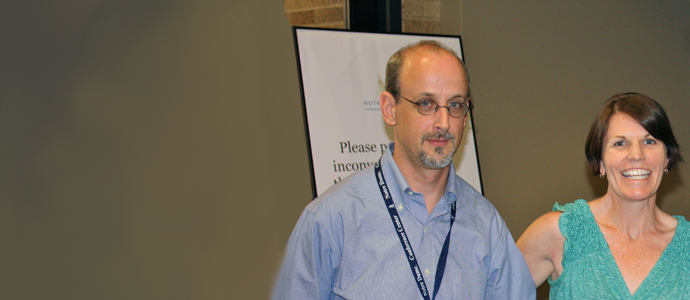Acceso grew out of a desire to create a curriculum that helps develop transcultural and translingual competence, specifically one that helps students to understand the diversity of cultures within the Spanish-speaking world and the growing importance of Spanish in the United States. The project is a collaborative effort between the University of Kansas’s Spanish Basic Language Program and the Ermal Garinger Academic Resource Center, which provides technical and logistical support, as well as graduate student training in the use of technology in the classroom.
Choosing to make our materials open access may be the most important decision we have made about the Acceso project. It has freed us up to think in very different ways about language learning and teaching.
Envisioning Acceso as a web-based OER allows us to create a curriculum that leverages the multimedia and interactivity of the web, that evolves to keep pace with current events, and that responds to student input. The platform not only saves our students the expense of purchasing a textbook, but also fosters engaged learning by a generation of students that is accustomed to accessing information digitally and to using participatory social media.
As a second stream of instruction, the Acceso project provides a venue for hands-on graduate student training in both materials creation and Computer Assisted Language Learning (CALL). Having complete control over an OER platform gives us an opportunity to create the first generation of born digital instructors, allowing them to use the tools they will need for language teaching in the 21st century. Empowering graduate students to use authentic web-based content allows us to create a well-rounded curriculum, one in which disparate voices speak for themselves about controversial topics. The collaborative nature of this OER also gives the instructors a sense of ownership over a curriculum they themselves are creating.
Perhaps most importantly, the OER platform allows us to extend our conversation about language learning and teaching beyond the University of Kansas. Language instructors can choose to implement the entire curriculum, or to use individual modules as supplements to existing curricula without the need to justify additional expenses. As word of Acceso spreads, we are hopeful that its collaborative nature encourages instructors from around the globe to contribute content and help us to refine existing modules.
Acceso is available at http://www2.ku.edu/~spanish/acceso/.

